The masks are coming off and we can read lips again!
Topic: Lip Reading Training in Noisy Environments
Date: Saturday, March 26, 2022
Where: Online Zoom Meeting
Time: 10 a.m. – 11 a.m. PT (may extend beyond 11 a.m.)
Audience: Open to all for this free event. Please pass along this invite to others!
Understanding speech in a noisy setting is a problem common to most, if not all, of us with hearing loss. The Communication Neuroscience Laboratory of George Washington University has undertaken a study to determine whether, and the extent to which, lip reading training can address this difficulty. The study is sponsored by the National Institute of Deafness and Other Communication Disorders (National Institutes of Health). Edward T. Auer, Ph.D., and Nicole Jordan, Au.D., will describe the training and its anticipated benefits and will respond to your questions.
Presenters:
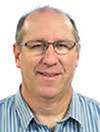
Ed Auer, Ph.D., is an Associate Research Professor in Department of Speech, Language and Hearing Sciences at The George Washington University. His research areas include multisensory speech perception and spoken word recognition with a specific focus on examining the perceptual, cognitive, and neural consequences of experience and training.
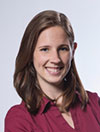
Nicole Jordan, Ph.D., obtained her Doctorate of Audiology in 2016 from the University of Texas at Dallas. Prior to graduating, she completed several rotations in advanced diagnostic hospitals including Baylor Scott and White, Dallas Parkland Hospital, and the Central Texas VA. She was involved with several research projects during her time as a doctoral student and designed her own research on the effects of speech in noise processing on late auditory evoked potentials. She developed a passion for amplification fitting and programming, advanced diagnostics in hearing loss, (re)habilitation and counseling, and project management.
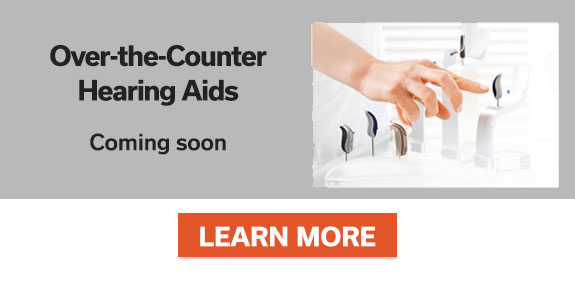 On August 16, the FDA issued a final rule for over-the-counter (OTC) hearing aids and how they will be sold to consumers. This is a big day for those with mild to moderate hearing loss as many more affordable hearing aid options will become available within the control of the consumer themselves.
On August 16, the FDA issued a final rule for over-the-counter (OTC) hearing aids and how they will be sold to consumers. This is a big day for those with mild to moderate hearing loss as many more affordable hearing aid options will become available within the control of the consumer themselves.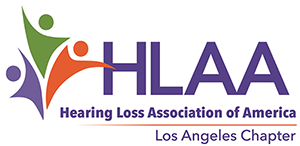
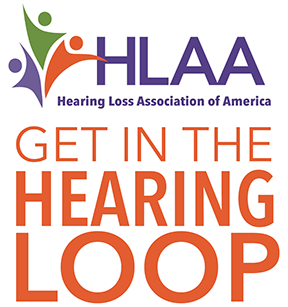 Google Maps has recently begun including hearing loops in the accessibility information on its website. This has received little notice from the national media or hearing loss–related entities but, for the hard of hearing, this is important news. A national database of looped venues has been a goal of hearing loop advocates for years and it’s finally becoming a reality. This action, a joint undertaking of the Get in the Hearing Loop Committee (GITHL) of the Hearing Loss Association of America (HLAA) and Google Maps, is the latest example of the growing awareness and availability of hearing loops in public places.
Google Maps has recently begun including hearing loops in the accessibility information on its website. This has received little notice from the national media or hearing loss–related entities but, for the hard of hearing, this is important news. A national database of looped venues has been a goal of hearing loop advocates for years and it’s finally becoming a reality. This action, a joint undertaking of the Get in the Hearing Loop Committee (GITHL) of the Hearing Loss Association of America (HLAA) and Google Maps, is the latest example of the growing awareness and availability of hearing loops in public places.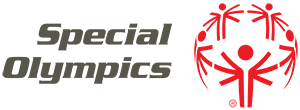 Check out this feel-good story about how a simple act of providing a hearing aid to someone in need can dramatically change their lives. Thanks to Starkey Cares, they helped make a huge and positive impact for Branden Thibodeau, a Special Olympics softball player.
Check out this feel-good story about how a simple act of providing a hearing aid to someone in need can dramatically change their lives. Thanks to Starkey Cares, they helped make a huge and positive impact for Branden Thibodeau, a Special Olympics softball player.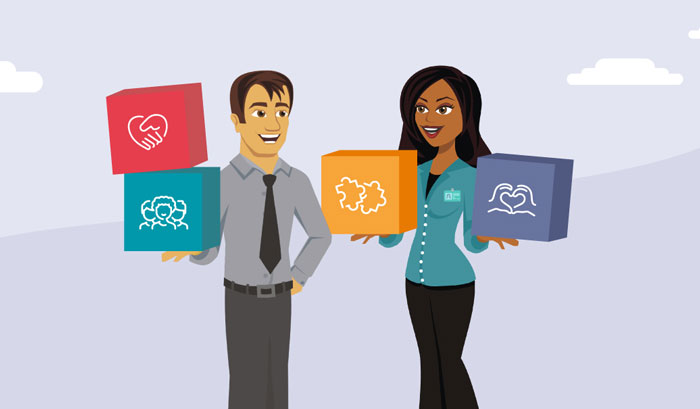
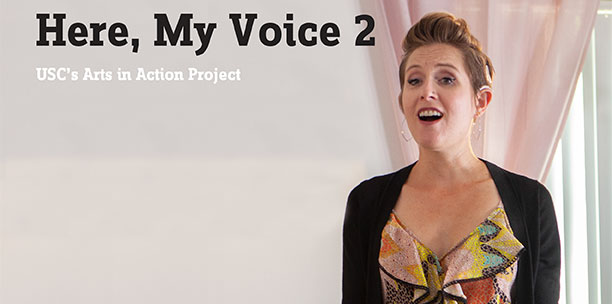


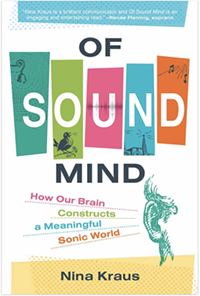 Monday, February 7
Monday, February 7
